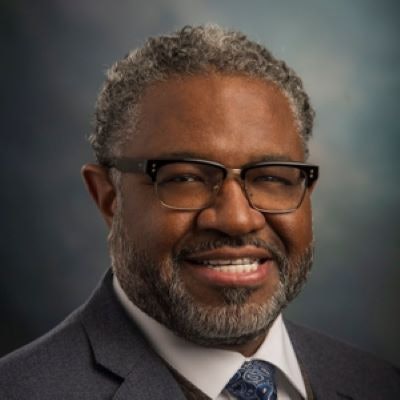Looking to address information gaps and provide individuals with “usable knowledge” around best practices, Drs. Curtis Byrd and Rihana Mason published a new book titled, Academic Pipeline Programs: Diversifying Pathways from the Bachelors to the Professoriate.
 Dr. Curtis Byrd
Dr. Curtis ByrdUsing their book and Type, History, Research, Inclusion, Identity, Voice and Expectation (THRIVE) index tool as a reference, a three-part webinar series is set to launch June 30 in collaboration with SAGE Publishing to encourage more underrepresented students to pursue the academic pipeline.
“The thing that makes our book and the interactive appendix really unique, is the way that we illustrate each program and their relevance to the users,” said Mason, a research scientist for the Urban Child Study Center at Georgia State University (GSU).
Compared to existing databases which provide basic program information, the book expands to include details around notable participants, inclusionary practices, positive outcomes and overall expectations.
The first in the series, “Positioning Underrepresented Minority Students for College,” will focus on pre-collegiate programs. Panelists Drs. Ariel Cochrane-Brown and Johnny Ray James plan to share insight around their two programs, Knowledge is Power Program (KIPP) and the College Advising Corps.
The remaining two events are scheduled for July and September and will include Dr. Freeman A. Hrabowski, III, the president of Univ. of Maryland Baltimore County and Dr. Jamal Watson, a veteran journalist and editor and faculty member at Trinity Washington University.
“So many people are trying to figure out how to succeed in their college experience and how to succeed at being a doctoral student,” said Byrd, special advisor to the provost at GSU. “And how daunting that is. We expect that people will learn that this process is not as daunting as they may think because there are many different types of avenues to get to succeed in the academic world.”


















